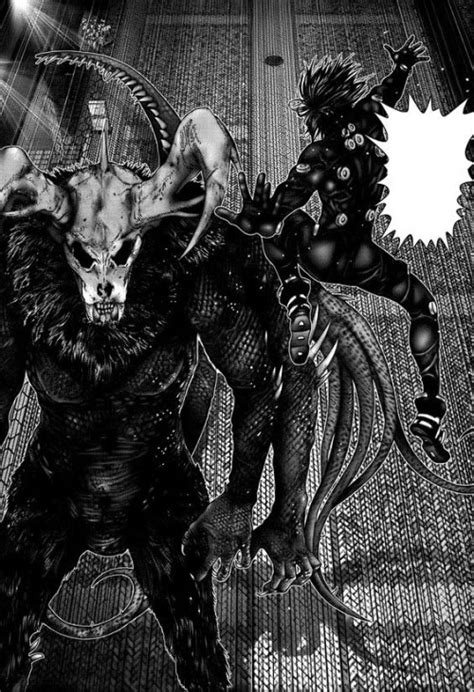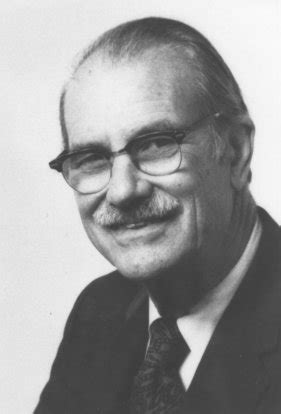A Quote by Hiroya Oku
Fear beyond rational limits forces people to cling to normality
Related Quotes
I was beginning to understand something about normality. Normality wasn't normal. It couldn't be. If normality were normal, everybody could leave it alone. They could sit back and let normality manifest itself. But people-and especially doctors- had doubts about normality. They weren't sure normality was up the job. And so they felt inclined to give it a boost.
I want to be remembered as an imaginer, someone who used his imagination as a way to journey beyond the limits of self, beyond the limits of flesh and blood, beyond the limits of even perhaps life itself, in order to discover some sense of order in what appears to be a disordered universe. I'm using my imagination to find meaning, both for myself and, I hope, for my readers."-Clive Barker
While it is tempting to believe that you are the victim of certain people or forces beyond your control, A Course in Miracles teaches you to recognize that you are not a victim. Through the grace of God, you are lifted above and beyond any forces-internal or external-that threaten to limit you. Knowing you're not a victim is a major form of personal empowerment.
Deterrence failed completely as a guide in setting rational limits on the size and composition of military forces, spurring an insatiable arms race with a reckless proliferation of the most destructive power ever unleashed, tailored for delivery by a vast array of vehicles to a stupefying array of targets.
Life, from beginning to end, is fear. Yes, it is pain, yes, it is desire, but more than anything it is fear; a certain amount rational, an enormous amount irrational. All political cruelties stem from that overwhelming fear. To push back the threatening forces, to offer primitive sacrifices, to give up some in the hope that others will be savedthat is the power struggle. That is the outsidedness of the poor, the feeble, the infantile. That is the outsidedness of Jews. That is the outsidedness of blacks. That is the outsidedness of women.
The classicist, and the naturalist who has much in common with him, refuse to see in the highest works of art anything but the exercise of judgement, sensibility, and skill. The romanticist cannot be satisfied with such a normal standard; for him art is essentially irrational - an experience beyond normality, sometimes destructive of normality, and at the very least evocative of that state of wonder which is the state of mind induced by the immediately inexplicable.
The modern world needs people with a complex identity who are intellectually autonomous and prepared to cope with uncertainty; who are able to tolerate ambiguity and not be driven by fear into a rigid, single-solution approach to problems, who are rational, foresightful and who look for facts; who can draw inferences and can control their behavior in the light of foreseen consequences, who are altruistic and enjoy doing for others, and who understand social forces and trends.
There are some who live by every rule and cling tightly to their rectitude because they fear being swept away by a tempest of passion, and there are others who cling to the rules because they fear that there is no passion there at all, and that if they let go they would simply remain where they are, foolish and unmoved; and they could bear that least of all. Living a life of iron control lets them pretend to themselves that only by the mightiest effort of will can they hold great passions at bay.







































